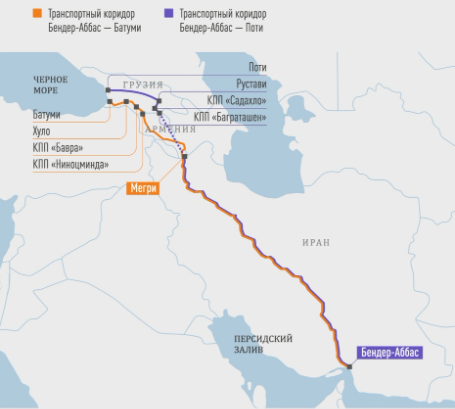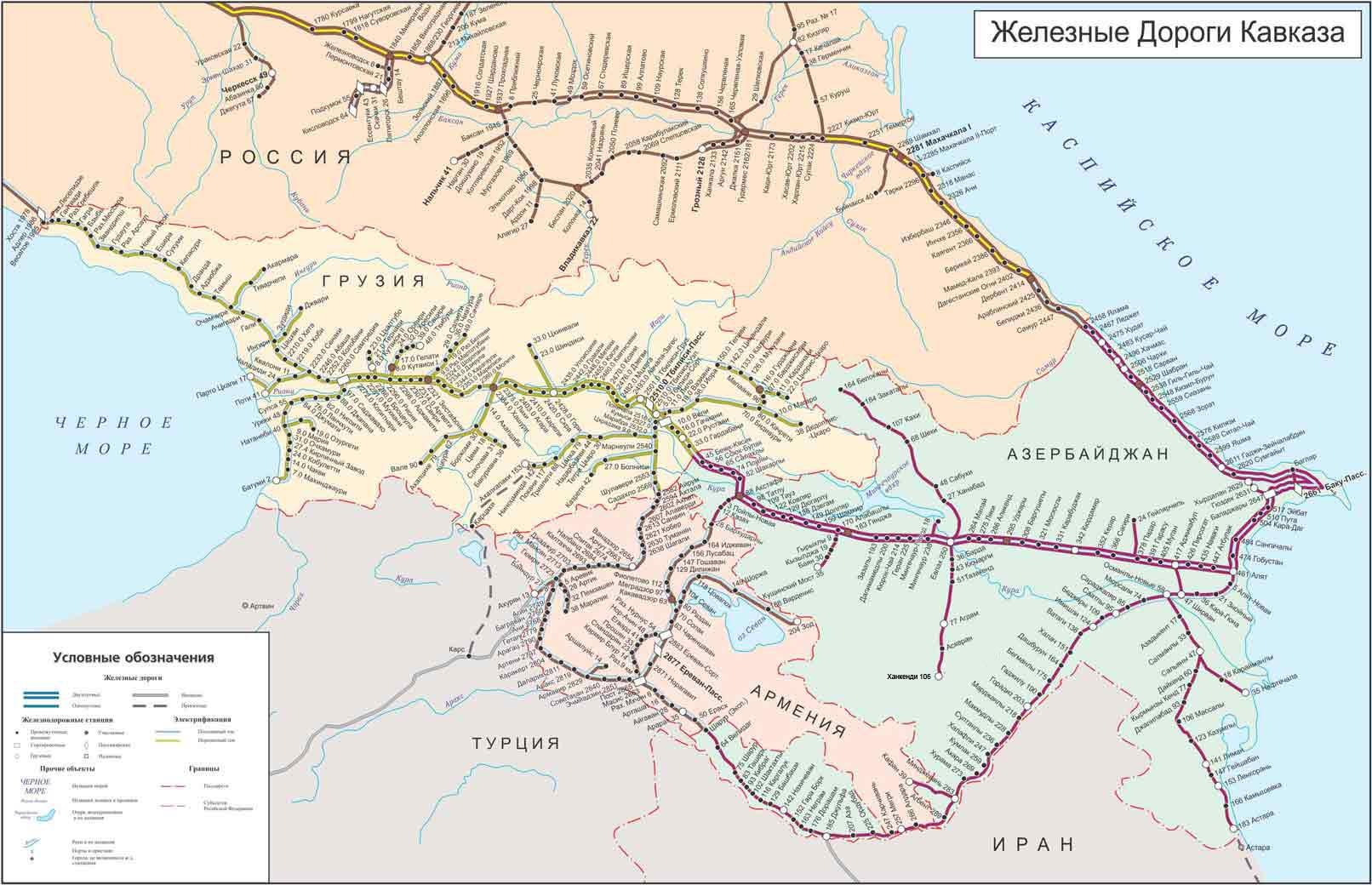BAKU, Azerbaijan, May 2. Global players are vying for access to strategic transportation routes to ensure their uninterrupted operation, as the new world order evolves due to the decline of old security structures and economic principles, Trend reports.
With trade and transportation routes from Russia to the West disrupted due to the conflict in Ukraine, official Moscow has prioritized seeking new trade partners and markets in the eastern and southern directions. Presently, the Zangezur Corridor emerges as a crucial project in this endeavor, aimed at connecting Azerbaijan with Türkiye and facilitating trade between Europe and Asia via the Middle Corridor.
In the prevailing geopolitical climate, this transportation route holds significant strategic importance for bolstering Russia's political, economic, and trade connections with nations in the Global South, Türkiye, the Middle East, and Iran. Russia views it as crucial to enable the Federation, amid severed trade ties with Western states and imposed sanctions, to access alternative regions.
In this context, a joint statement signed on November 10, 2020, by the leaders of Azerbaijan, Russia, and Armenia designated the Russian Federal Security Service to oversee the re-establishment of communications between Azerbaijan and Armenia. From the Azerbaijani perspective, the oversight by Russian border guards in the corridor where unrestricted movement will occur does not jeopardize its strategic interests. Instead, it neutralizes Armenia's potential to employ blackmail or geopolitical leverage against Azerbaijan in the future.
Certainly, this is also agreeable on the Russian side. However, recent events concerning the East-West corridor warrant attention. Challenges have emerged along the northern, or main, section of the East-West transport corridor by land due to the conflict in Ukraine and ongoing clashes in the Red Sea between the Houthis and local authorities, including coalition forces. Consequently, the Middle Corridor has garnered significant attention. For Russia, excluded from the East-West transport corridor, connecting to the Zangezur corridor holds global significance. Viewed as a secondary transport route, this corridor would enhance the capacity of the Middle Corridor and its utilization possibilities.
However, one must not disregard Russia's increasing distrust of Armenia and Armenia's recent alignment with Western structures. Nikol Pashinyan's government, backed by Western nations, asserts its control over transportation communications.
At present, Western powers, particularly France, are striving to bolster their political and military influence in Armenia. Consequently, they oppose the Zangezur corridor project, aiming to hinder Russia's expansion into new regions.
Following the conflict in Ukraine, Odessa city and the Zangezur region have gained strategic significance in France's new front against Russia across Eastern Europe, encompassing Moldova, Ukraine, Georgia, and Armenia. Indications of France's intention to establish a consulate in Gafan, Armenia, and Emmanuel Macron's stance on the Odessa situation suggest imminent military involvement by France in both regions.
Furthermore, ensuring Russian oversight of transportation routes in the strategic Zangezur region is crucial for the development of the internationally significant North-South transport corridor.
Deviating from the approved (east, central, and western) routes of the International North-South Transport Corridor project, which links the Global South with the Black Sea and the West through Iran, Armenia, and Georgia, is contrary to the interests of Russia.
Figure 1: International North–South Transport Corridor's approved routes

Currently, the Russian Federal Security Service oversees border control along the Armenian-Iranian border within the Zangezur region, a pivotal area for this project.
Russia is keen to maintain its oversight role in Zangezur to prevent the implementation of a project that aims to bypass Russia. Conversely, the West aims to establish transportation and logistics connections to Iran and beyond to the global South, excluding Russia from the equation.
Figure 2: Global South connecting to Europe via Iran-Armenia-Georgia, bypassing Russia

Thus, regional collaboration has been hindered as the Zangezur region has become a new battlefield in Eurasia for the West and Russia. An additional "battlefield" or "gray area" in Eastern Europe, the situation in Armenia is further complicated by the ongoing conflict.
Stay up-to-date with more news at Trend News Agency's WhatsApp channel







